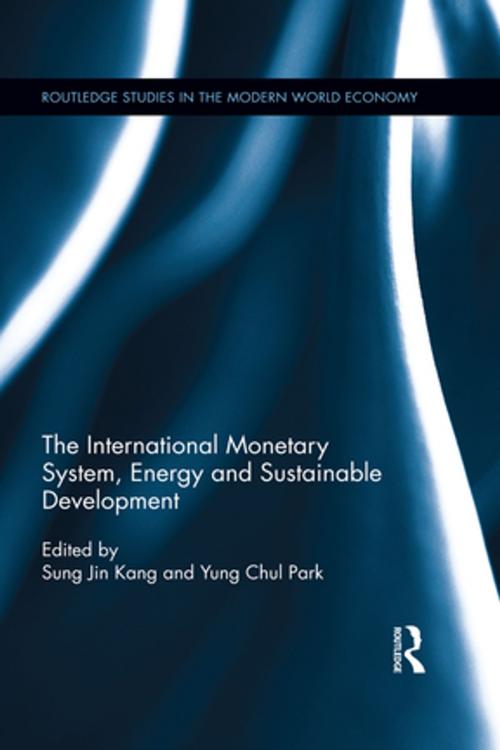| Author: | ISBN: | 9781317554486 | |
| Publisher: | Taylor and Francis | Publication: | February 11, 2015 |
| Imprint: | Routledge | Language: | English |
| Author: | |
| ISBN: | 9781317554486 |
| Publisher: | Taylor and Francis |
| Publication: | February 11, 2015 |
| Imprint: | Routledge |
| Language: | English |
Korea was the first non-G7 member and Asian country to host the recent G20 Summit, acting as a bridge between advanced and developing nations. At the G20 Seoul Summit, green growth as well as development and a global financial safety net were on the agenda. Against this backdrop, the aim of this book is to comment on and suggest how to go about setting agendas and shaping further discussions of future summits.
The book consists of three major parts: the first part discusses the role of G20 in reforming international monetary system, the status of the IMF since the European sovereign debt crisis, the use of the yuan as the world’s reserve currency, and the establishment of a more resilient global financial system. The second part examines trade measures in times of volatile energy prices, the impact of merchandise price volatility on the G20 economies, the EU’s pricing policies and the world’s price volatility, high oil prices and Russia, and oil markets in South America. The third part reviews G20’s financing for green growth, green growth and sustainable development within the G20 framework, and G20’s role in addressing climate change and green growth.
This book offers an in-depth review of major issues discussed at the recent summits and will be of interest to policy makers.
Korea was the first non-G7 member and Asian country to host the recent G20 Summit, acting as a bridge between advanced and developing nations. At the G20 Seoul Summit, green growth as well as development and a global financial safety net were on the agenda. Against this backdrop, the aim of this book is to comment on and suggest how to go about setting agendas and shaping further discussions of future summits.
The book consists of three major parts: the first part discusses the role of G20 in reforming international monetary system, the status of the IMF since the European sovereign debt crisis, the use of the yuan as the world’s reserve currency, and the establishment of a more resilient global financial system. The second part examines trade measures in times of volatile energy prices, the impact of merchandise price volatility on the G20 economies, the EU’s pricing policies and the world’s price volatility, high oil prices and Russia, and oil markets in South America. The third part reviews G20’s financing for green growth, green growth and sustainable development within the G20 framework, and G20’s role in addressing climate change and green growth.
This book offers an in-depth review of major issues discussed at the recent summits and will be of interest to policy makers.















